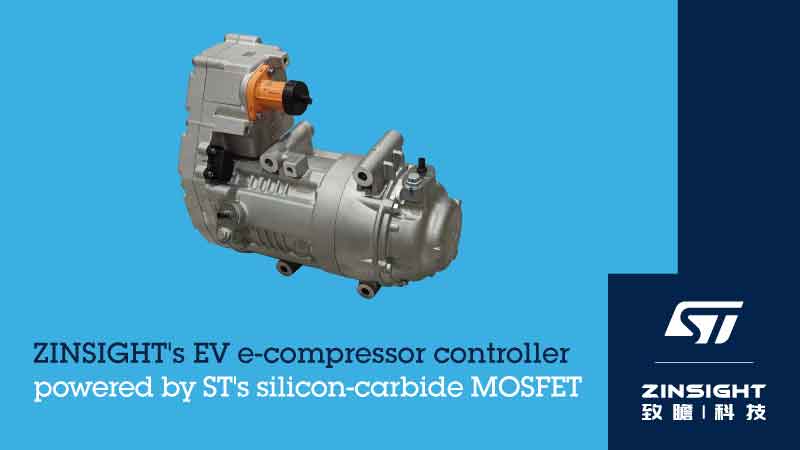Turbo compressors play a vital role in various industries, serving as critical components in applications that demand high-speed, high-efficiency compression. From energy production and chemical processing to HVAC systems and manufacturing, turbo compressors are essential for processes that require the precise and efficient movement of gases. Their ability to handle large volumes of air or gas at high pressures makes them important for industries that focus on performance, reliability, and sustainability.
However, as industries push for greater energy efficiency, reduced emissions, and more compact systems, traditional silicon-based technologies struggle to keep pace. This is where silicon carbide (SiC) steps in—offering benefits that make turbo compressors faster, greener, and more efficient than ever before.
Understanding SiC Technology
SiC is a wide-bandgap semiconductor material known for its high thermal conductivity, breakdown electric field, and electron mobility. These characteristics make SiC devices, such as MOSFETs, ideal for high-power and high-frequency applications.
Benefits of SiC in Turbo Compressors
- Enhanced Efficiency
SiC MOSFETs exhibit lower conduction and switching losses compared to silicon IGBTs. This efficiency means reduced energy consumption and heat generation, crucial in turbo compressors operating at high speeds. For instance, replacing silicon IGBTs with SiC MOSFETs in motor drives can lead to a 34% reduction in total losses per three-phase circuit, even at higher switching frequencies ST
- Compact and Lightweight Design
The high efficiency of SiC devices allows for smaller cooling systems and passive components. This reduction in size and weight is particularly beneficial in applications like turbo compressors, where space and weight constraints are critical. A study demonstrated that using SiC MOSFETs in active front-end drives resulted in a 70% reduction in the overall volume of inductors. (Source: ST )
- Improved Thermal Management
SiC’s high thermal conductivity enables better heat dissipation, allowing devices to operate at higher temperatures without compromising performance. This property reduces the need for extensive cooling mechanisms, enhancing the reliability and lifespan of turbo compressors.
- Higher Switching Frequencies
SiC devices can operate at higher switching frequencies, improving the dynamic response of motor drives. This capability is essential for turbo compressors that require rapid adjustments to maintain optimal performance. The ability to increase switching frequency without significant efficiency loss allows for more precise control in high-speed applications ST
- Enhanced Reliability
The robust nature of SiC devices leads to improved reliability and longevity. Their ability to withstand higher voltages and temperatures makes them less susceptible to failure, reducing maintenance needs and downtime in industrial settings.
Real-World Applications
Companies are increasingly adopting SiC technology in turbo compressor applications. For example, ZINSIGHT Technology utilizes third generation SiC MOSFETs in their e-compressor controllers for new energy vehicles, achieving significant efficiency improvements and extending driving range. (Source: STMicroelectronics Newsroom )
Conclusion
Integrating SiC technology in high-speed industrial motors, especially turbo compressors, offers substantial benefits, including enhanced efficiency, compact design, improved thermal management, higher switching frequencies, and increased reliability. As SiC technology advances, its adoption in specialized drive applications is set to grow, driving innovation and performance in the industrial sector.


